Travelling by public transport
Living with a brain tumour may mean you’re more reliant on public transport. Learn more about the support that’s available to you when using these services.
Receiving a brain tumour diagnosis may affect your ability to travel, either due to limitations related to treatments, medication or the tumour itself. For example, it’s very common for those living with a brain tumour to have to give up their driving licence.
Unfortunately, the side-effects of your tumour and its treatments can also affect your ability to use public transport. In addition, the financial pressures often experienced by those living with a brain tumour may be worsened by the additional cost of regularly travelling by public transport.
Here we give an overview of some of the support available to those with a brain tumour diagnosis, including reduced fares and practical assistance.
This support is often in the form of concessions for the disabled. Even if you don’t see yourself as disabled, if you’re living with a brain tumour (low or high grade), it’s likely that in the eyes of the law you’re considered to have a disability. For this reason you may qualify for concessions and other help when travelling by public transport.
On this page:
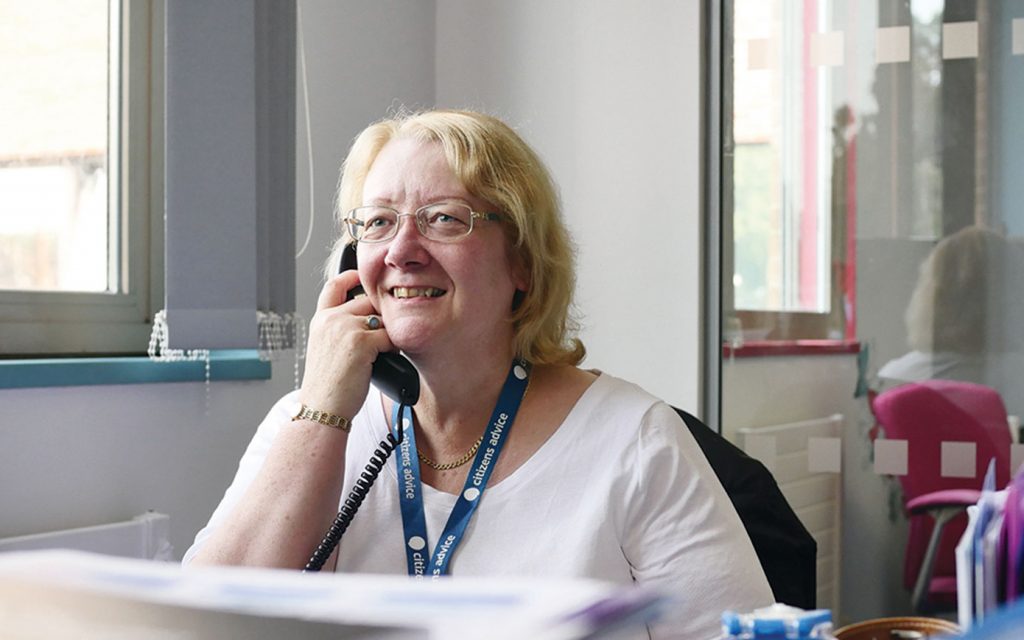
Expert benefits & money advice
Benefits and Money Advice Clinic supported 339 people in the last financial year (22/23), to the tune of £807,938.
In total the clinic has supported people to the amount of £4,353,428 since it started in 2016, supporting over 1100 people.
Travelling by bus

Disabled person’s bus pass
You may be entitled to a disabled person’s bus pass if:
- you’ve had to surrender your driving licence, or had it revoked, because of your brain tumour, and you’re not going to be able to drive for at least 12 months
You may also be entitled if, as a result of your brain tumour, you:
- are blind or partially sighted
- are profoundly or severely deaf
- can’t speak
- have severe, long-term difficulty walking
- can’t move both arms.
A disabled person’s bus pass generally gives free travel in off-peak times (9.30am-11.00pm). In some areas you can also use your pass outside of these times if you’re travelling in the area where your pass was issued. Some local authorities also allow you to use your pass on community transport services
Some authorities also include companion passes for assistants, carers or parents, although these can usually only be used in the area that issued it or accepts a companion pass from another local authority.
You can find out more information about what’s available in your area and how you can apply by contacting your local council.
My husband has a disabled bus pass and, because he cannot travel on the bus unsupervised, his pass also allows a carer to accompany him for free. (Not all councils do this, you have to ask and provide supporting information.) We’ve had free travel in Avon and Somerset, Dorset, Yorkshire and Chester.
Helen

Being driven by a carer
If you’re unable to drive because of a brain tumour diagnosis, you may find that a carer or loved one becomes your driver and you may be eligible for additional support.
Assistance for bus travel
Most bus operators provide accessible services, for example easy-access low floors or audio “next-stop” announcements.
Some operators also provide Journey Assistance Cards that can be used to let the driver know if you:
- have limited sight or hearing
- have difficulty communicating
- need extra time or help to find a seat.
Contact your local bus operator to see what assistance is available in your area.
Travelling by coach
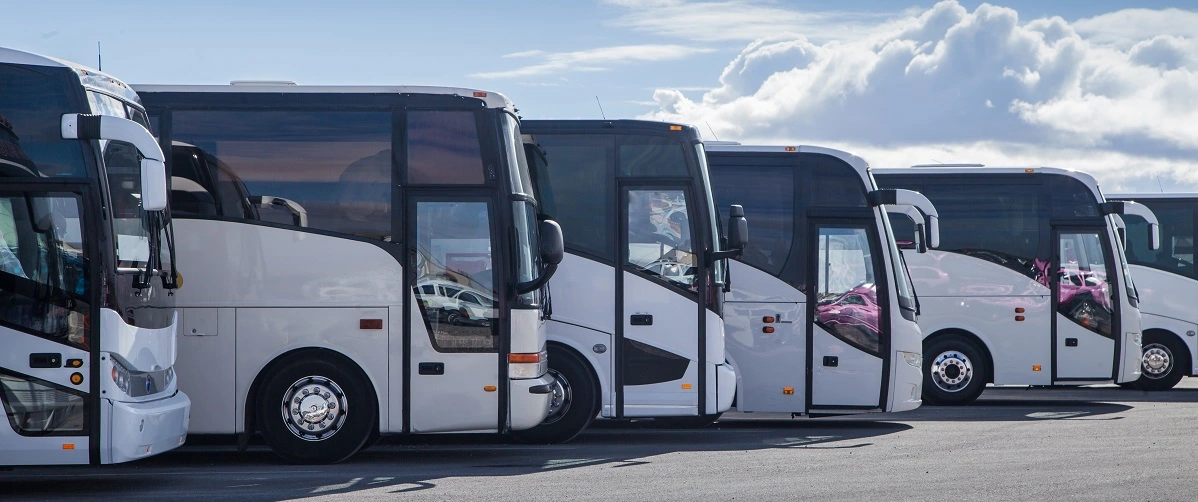
There isn’t a national concessions scheme at present, but some coach operators do offer discounts for people who are registered as disabled (for example National Express).
Most coaches have a wheelchair lift, but it’s best to check with your coach operator at least 36 hours before you travel to ensure your model of wheelchair will fit in their wheelchair spaces.
Travelling by tram or light railway
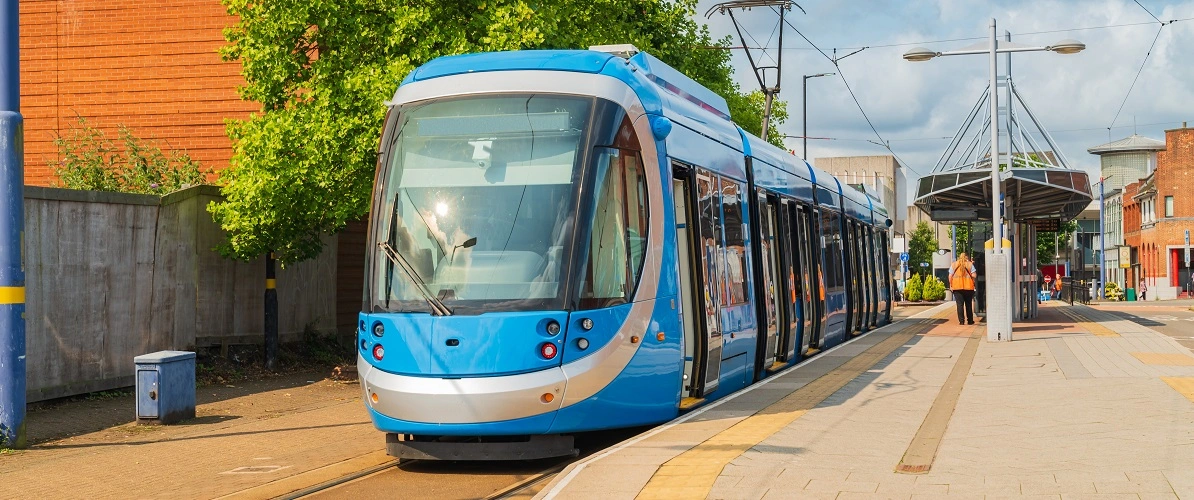
Concessionary and discounted fares are available for disabled passengers travelling by tram or light railway. Many operators also offer help with journey planning and making a booking.
Most tram and light railway services have been developed relatively recently and have high levels of accessibility. Audible and visible announcements, giving information about the final destination and the next stop, are currently available on all trams.
Contact your operator or local authority for more details.
Travelling by taxi

Taxicards
Many councils run a Taxicard scheme to help people who live in their council area pay for taxi journeys if they:
- have serious mobility issues
- are severely sight impaired
- have difficulty using public transport
You may also need to be on certain benefits to be eligible.
Contact your local council to see if they run a Taxicard scheme, find out if you qualify and how to apply.
Access to Work grants
You may also be able to apply for an Access to Work grant to pay for taxi fares to work.
Join one of our Online Support Communities for more tips about coping with a brain tumour diagnosis, from people who truly understand what you’re going through.
Travelling by train
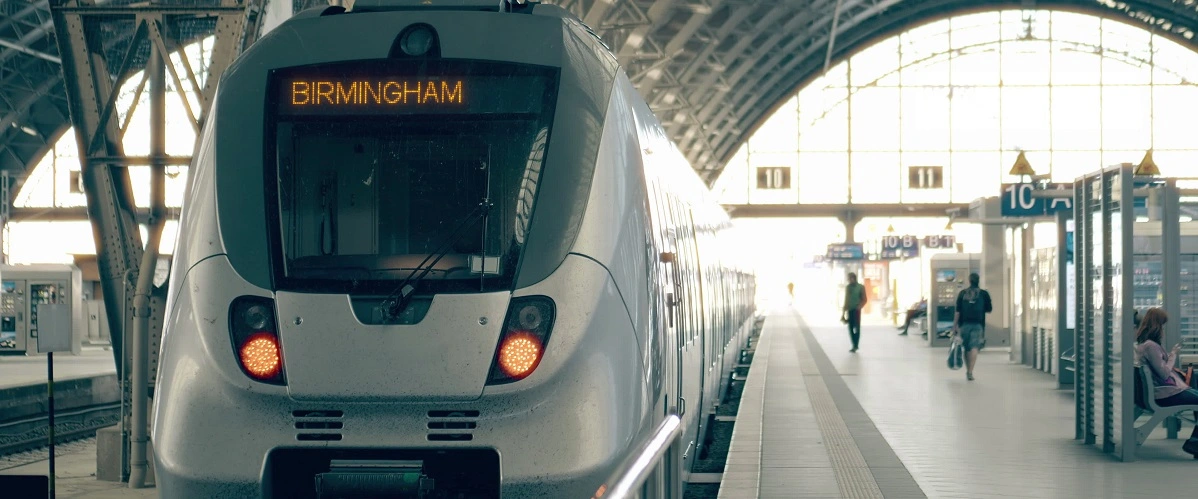
Disabled Persons Railcard
If you have a disability that makes travelling by train difficult, you may qualify for the Disabled Persons Railcard. This allows you to get a third off most rail fares when travelling in Great Britain, no matter when you travel. Additionally, if you’re travelling with another adult, they are also entitled to a third off their rail fare.
-
You’ll qualify for the Disabled Persons Railcard if you have one of more of these apply to you:
- living with a visual impairment
- living with a hearing impairment
- living with epilepsy
- receiving Personal Independence Payment (PIP)
- receiving Disability Living Allowance (DLA) at higher or lower rate for the mobility component
- receiving Disability Living Allowance (DLA) at higher or middle rate for the care component.
- receiving Attendance Allowance
- buying or leasing a vehicle through the Motability scheme.
If you live in London, Transport for London offers a Freedom Pass that allows free or discounted travel in London and travel on national rail services.
Passenger Assist
If you need assistance when travelling by train, this can be booked through National Rail’s Passenger Assist, even if you’re travelling with someone else. You can book assistance 24-hours a day using the same freephone number (0800 022 3720) for travel with any train operator.
Tell them your planned journey and they’ll connect you to the appropriate operator, who can arrange for someone to:
- meet you at the station entrance or meeting point
- help you navigate around the station and accompany you to your train
- help you on and off the train
- provide a ramp on and off your train
- meet you from your train and take you to your next train or the exit
- carry your bag – up to 3 items of luggage (limits apply).
Stations Made Easy
Stations Made Easy is an interactive online tool that’s built into the National Rail Enquiries website to help people find their way around stations and, if possible, avoid potentially difficult features, such as stairs, to find a more suitable route.
Detailed accessibility information is available for every station, as well as a map that includes extensive descriptions and photographs of the facilities.
Community transport

Many areas also have community transport services for people who have difficulty using public transport, either through disability issues or because they live in a rural area.
These include door-to-door transport, such as various Dial-a-Ride schemes, trips to shopping centres, such as Shopmobility, and many other services.
Find out more information about the services available in your area by contacting your local council or the Community Transport Association.
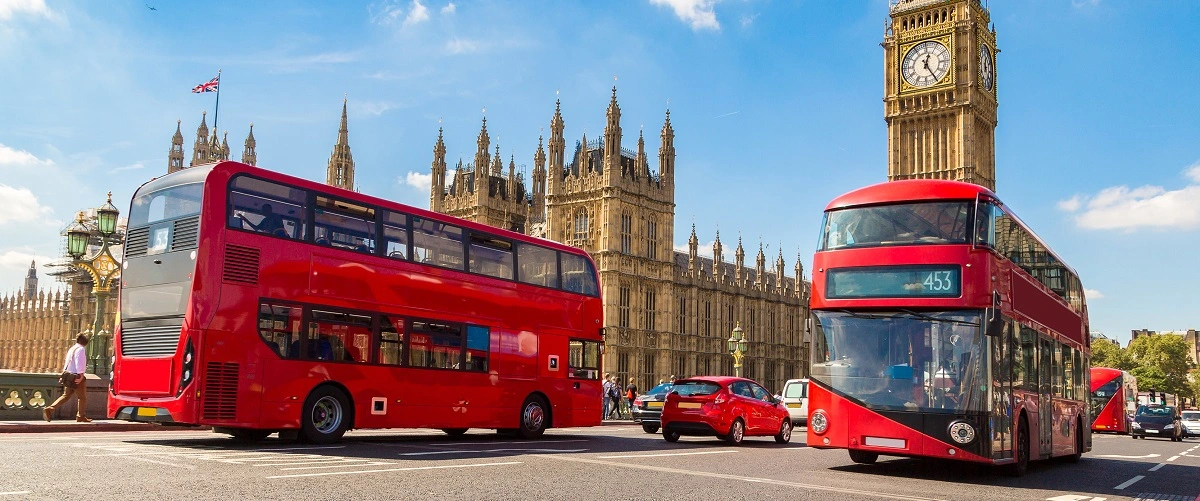
Getting around London
London Freedom Pass
You may also be eligible for a Freedom Pass provided by your London borough council. This offers free travel on the Transport for London network at all times. Carers aren’t eligible for a Freedom Pass, but may be able to apply for the Taxicard scheme.
“Please offer me a seat” cards
If you struggle to stand while using public transport, Transport for London have a free badge and card to help you alert fellow customers that you need a seat.
Tips for using public transport
You can find more tips on getting around using public transport in our Tips for Travelling blog post.
Planning your journey helps to make it easier
Planning your trip in advance can often mean a less stressful experience.
Your local council and public transport operators will be able to give you more information about the accessibility services they provide to help you travel independently and safely.
Using one of the many travel planning apps can make sure you spend less time waiting for the next bus or train.
Get a radar key
You can get a Radar NKS key to unlock accessible toilets in bus and train stations, shopping centres, pubs, cafés, department stores and other public locations. The key costs £5.00.
You can buy them online from Disability Rights UK Radar Key
Concessionary train travel in Wales
If your primary address is in Wales and you’re either aged 60 and over or meet the Government’s disability eligibility criteria, you can travel for free on most bus services in Wales and the borders and get discounted or free travel on many rail services
Help with the cost of travelling to hospital appointments
You may also be able to get help with the cost of travelling to hospital appointments.
Support and Information Services
Research & Clinical Trials Information
You can also join our active online community.
In this section

Get support
If you need someone to talk to or advice on where to get help, our Support and Information team is available by phone, email or live-chat.
Recommended reading
Share your experiences and help create change
By taking part in our Improving Brain Tumour Care surveys and sharing your experiences, you can help us improve treatment and care for everyone affected by a brain tumour.